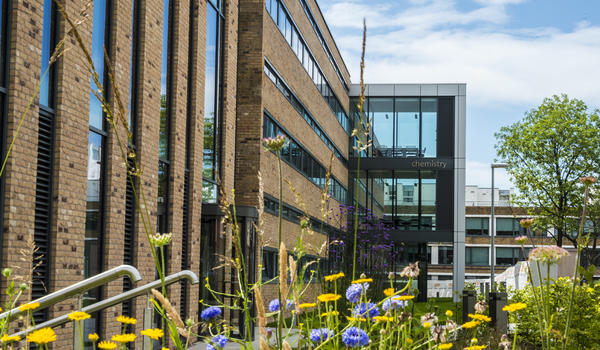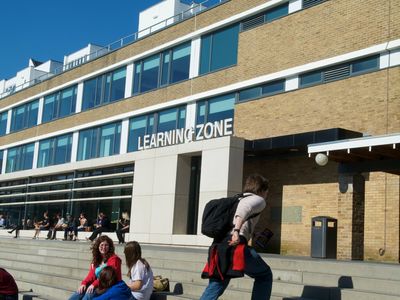PhD theses
All PhD theses awarded by the Department of Educational Research are available from Lancaster University's library with recent theses available in electronic form.
A full list of theses is available via OneSearch and this Library web page gives more information about Theses and Dissertations.





